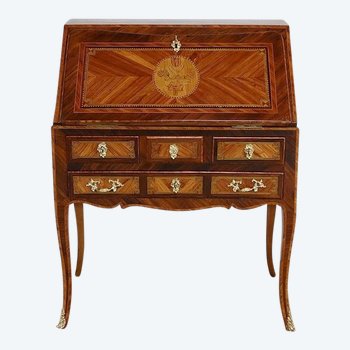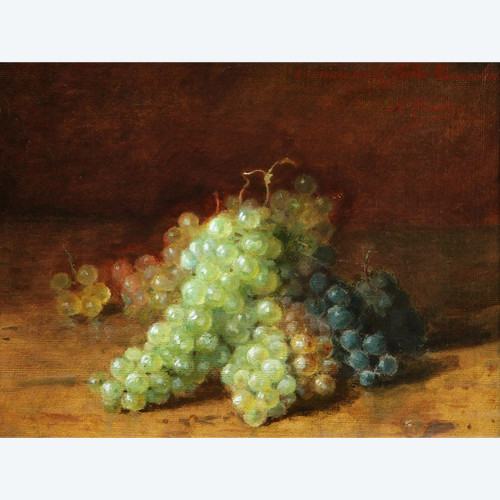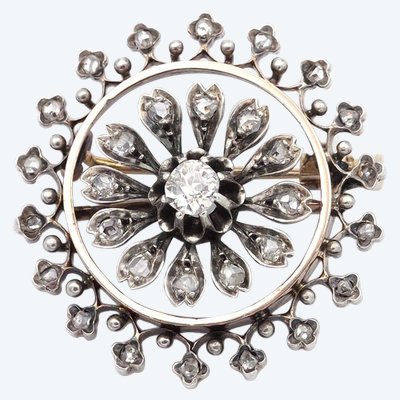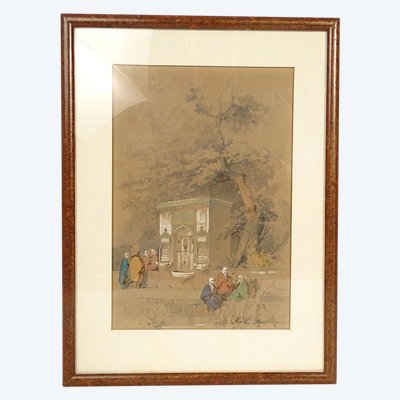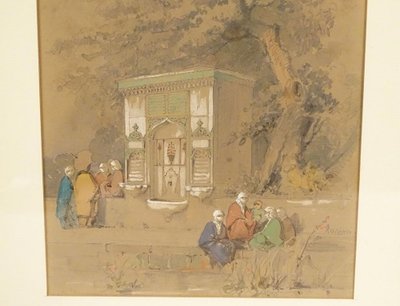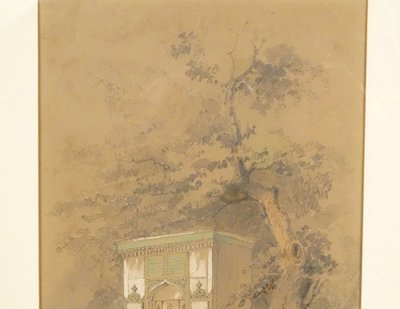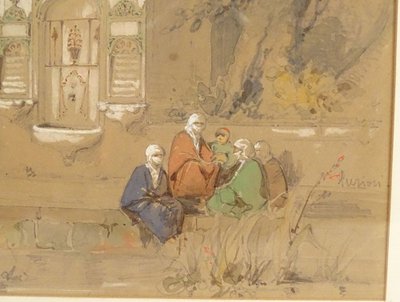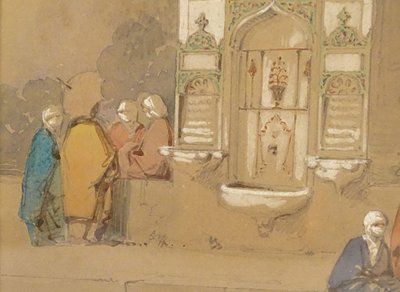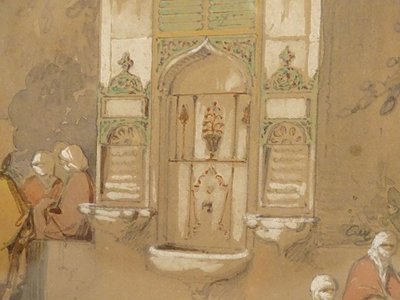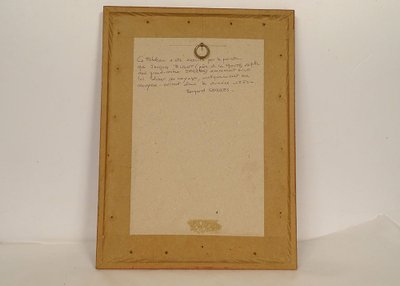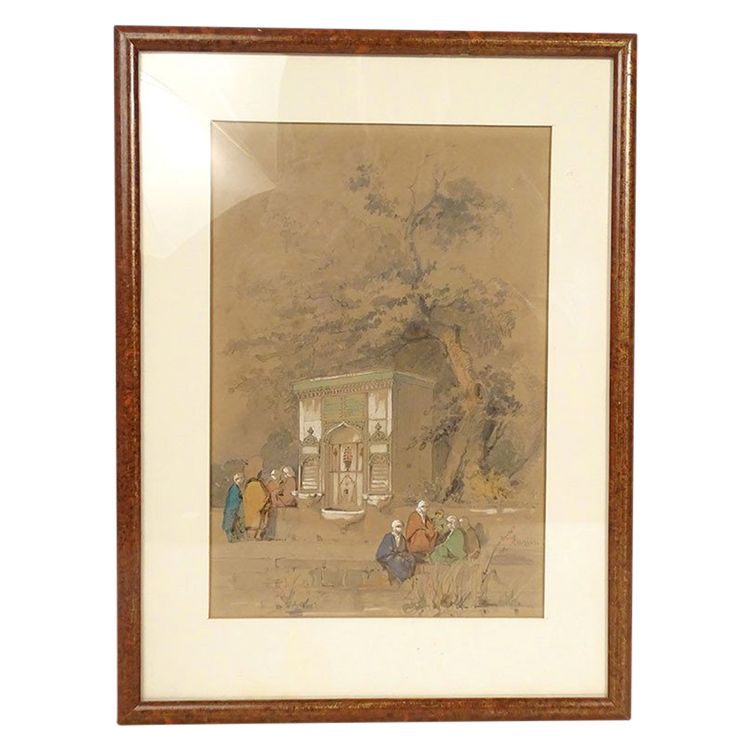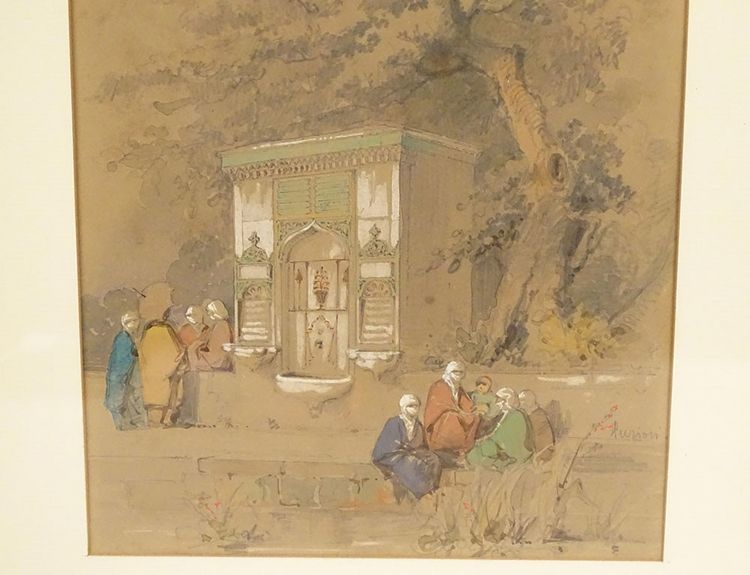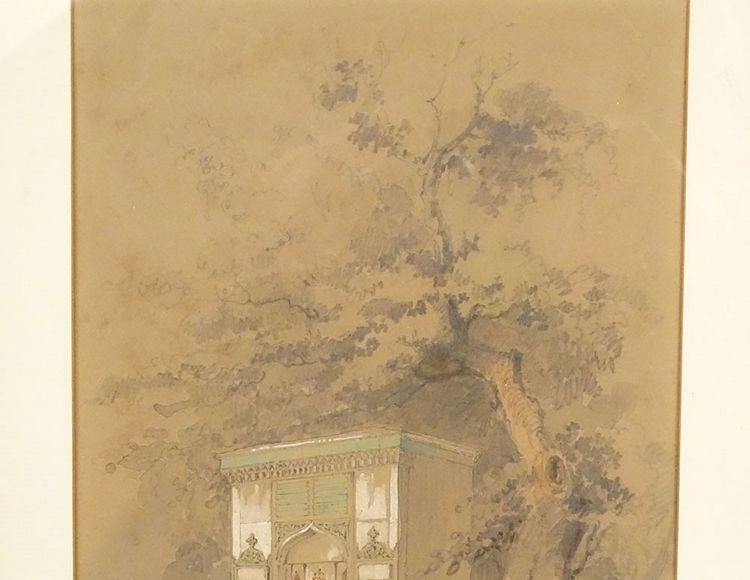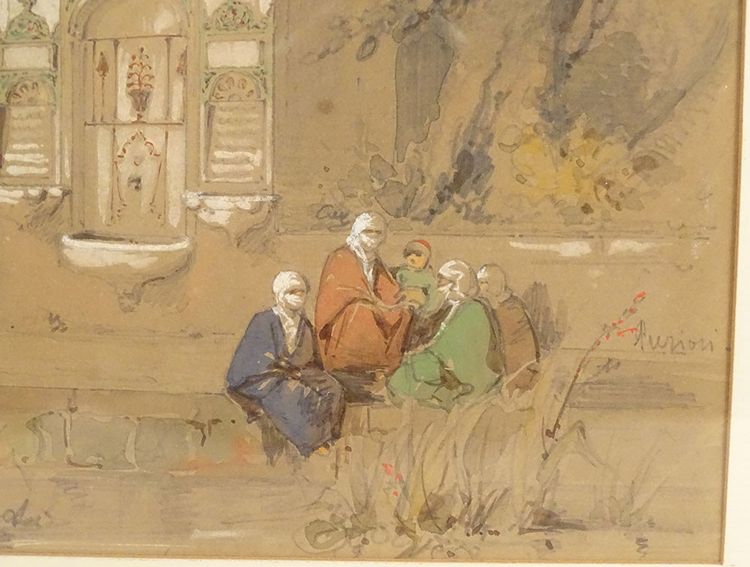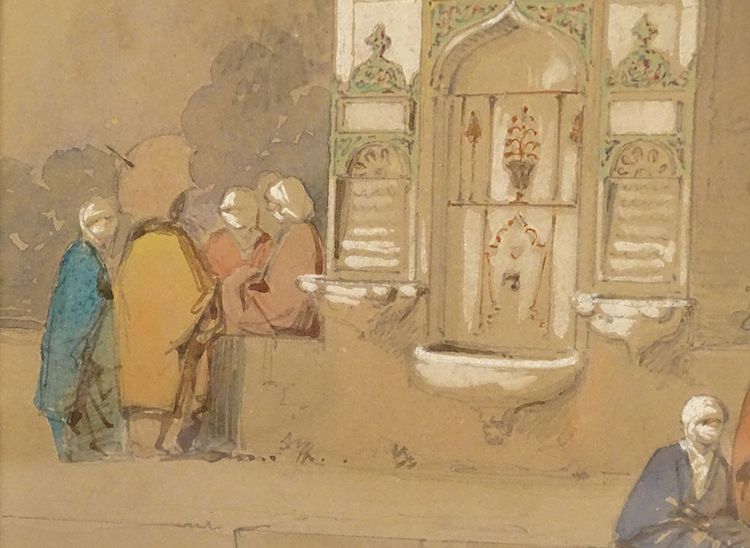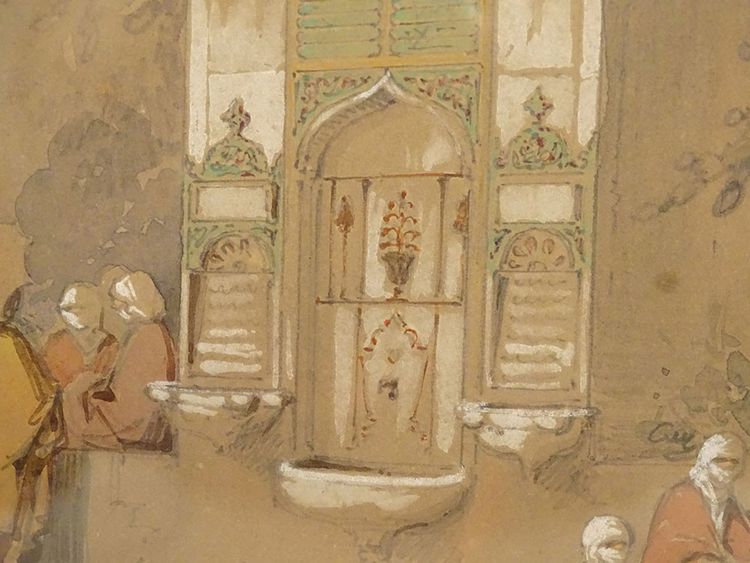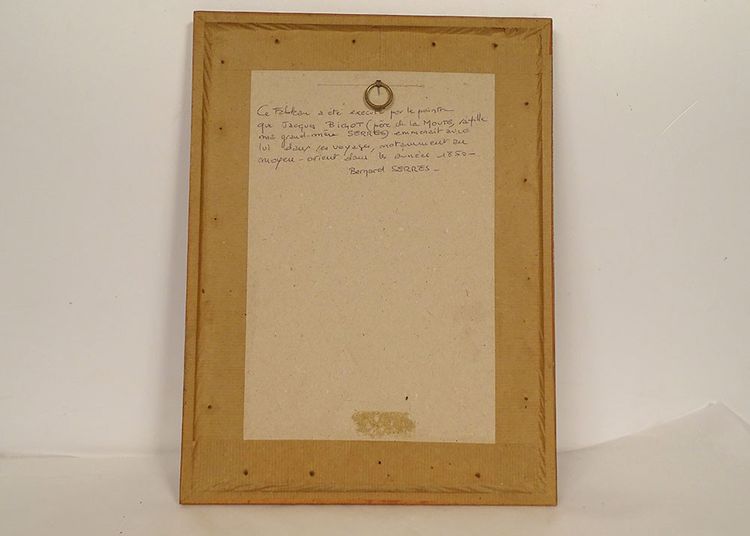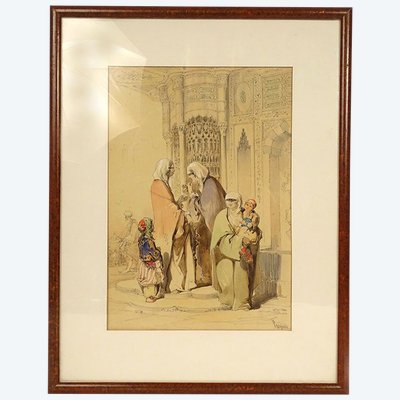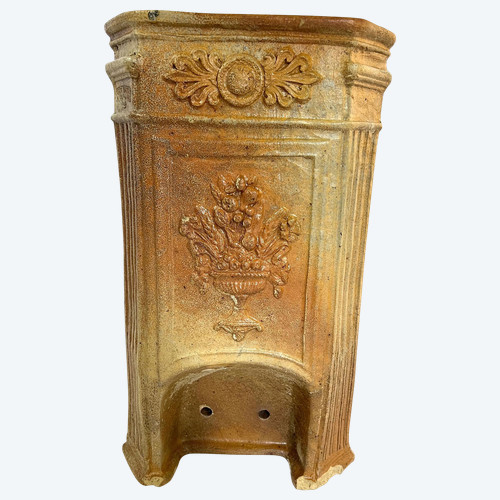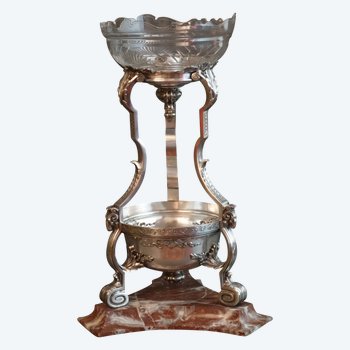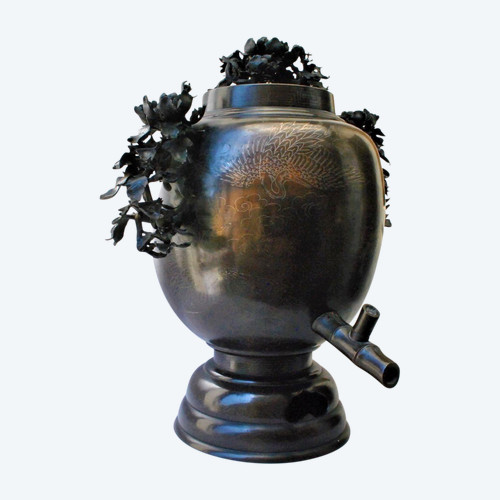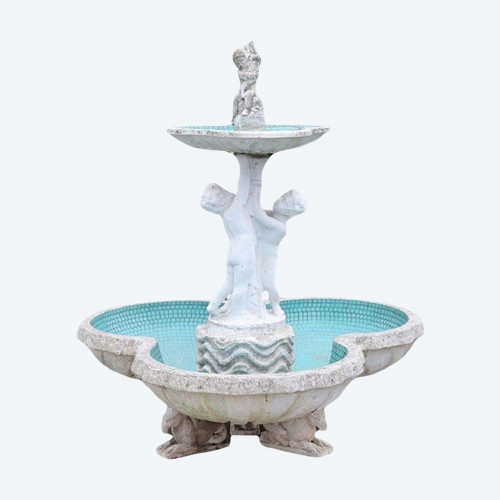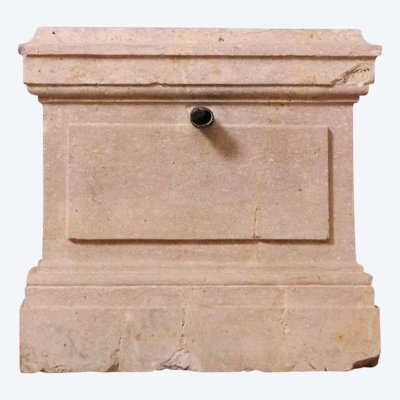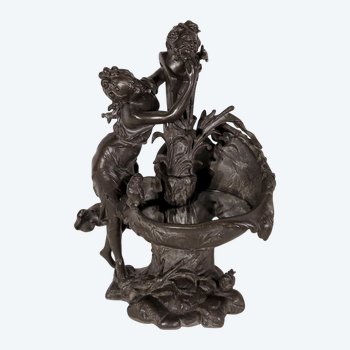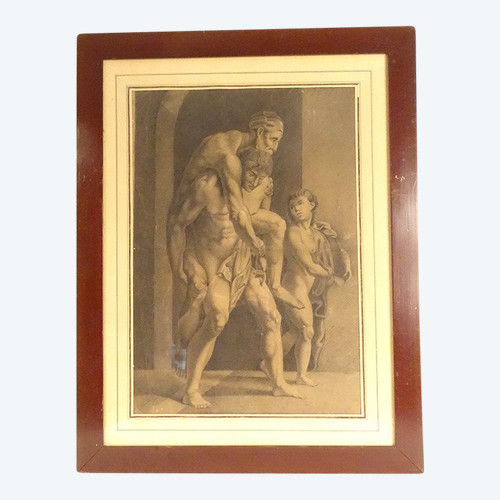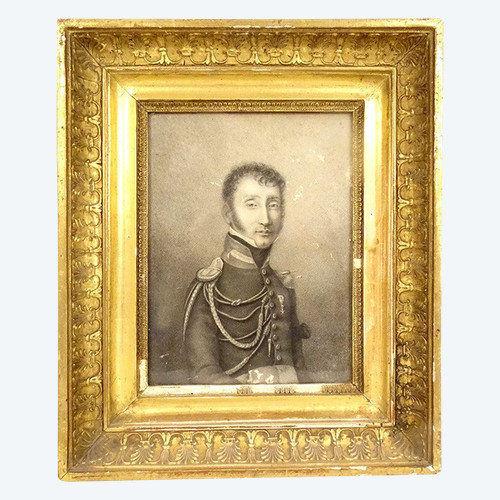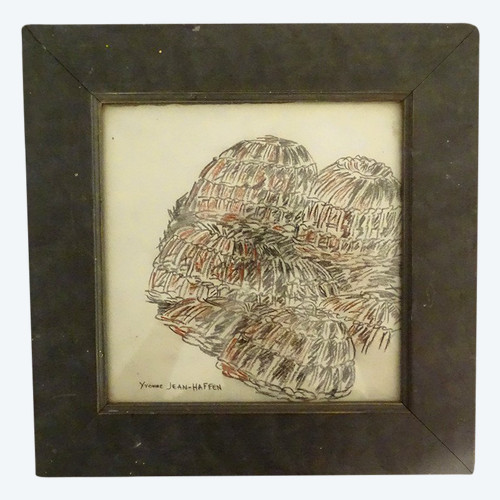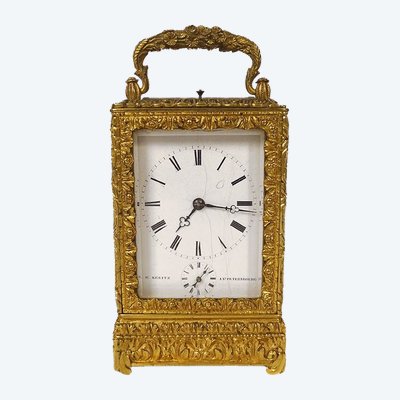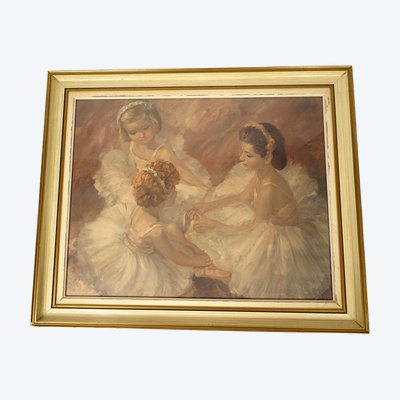This description has been translated and may not be completely accurate. Click here to see the original
Orientalist watercolor drawing (with gouache highlights) depicting a lively view of multiple Ottoman figures gathered around a fountain, most likely in the vicinity of Constantinople (Istanbul) in the Middle East, signed by the Maltese painter Preziosi*, from the 19th century.
This gouache is in good condition and is under glass. Signed on the right side.
Annotation on the back: "Painting executed by the master that Jacques Bigot, father of my grandmother Marie, took with him on his travels, particularly to the Middle East in the 1850s - Signed Bernard Serres." Probably a romanticized vision of family history, this work was likely purchased at the time during trips to Istanbul from the painter in question.
We are offering a second gouache by this artist for sale on this site.
Please note: slight wear and tear, see photos. * Amedeo Preziosi (1816-1882)
Born in Valletta, Malta, the son of Count Gio Francesco Preziosi and Margherita née Reynaud-Carcas, Amadeo's family, originally pirates, settled in Malta towards the end of the 17th century and was ennobled by King Amadeo of Sicily in 1718. Amadeo, the fifth Count Preziosi, was sent to study law, but he was more interested in art and began his studies under Giuseppe Hyzler, a follower of the Nazarene school. In his early twenties, he went to Paris, where he likely absorbed some of the prevailing artistic tastes of the time by attending the École des Beaux-Arts. After a brief return trip to Malta in June 1841, Preziosi embarked on a voyage of exploration to Constantinople, the capital of the Ottoman Empire, and returned a year later. In September 1842, he set off again for Constantinople, where he set up a studio in the Pera district. He married and had three daughters and a son. His studio became a favorite with travelers, and visitors included Edward VII, the Prince of Wales, and King Carol of Romania. Preziosi is considered one of the most famous watercolorists of the 19th century. His name, although little mentioned in local art history, was widely known in the Orient. In Paris, Preziosi was already hailed as "a great Italian painter" of French origin, while on the Bosphorus itself, the Turks considered him their "own." Preziosi owes his fame to the publication of two portfolios: Stamboul: Souvenirs d’Orient (1859) and Souvenirs du Caire (1862). One illustrates various aspects of city life, while the other depicts slave traders, beggars, and hashish traffickers. In September 1882, Preziosi accidentally shot himself in the head and was buried in the San Stefano cemetery in Tosilbey, Turkey.
Dimensions
Frame 34.5 cm x 25.8 cm, window 24.4 cm x 16.7 cm
Reference: 910 372
All photos are available at:
www.antiques-delaval.com
Ref: 2YQTZZEPQN
 Napoleon marble inkwell, 19th century
450 € EUR
Napoleon marble inkwell, 19th century
450 € EUR

